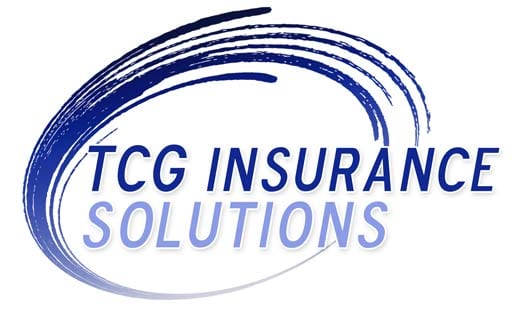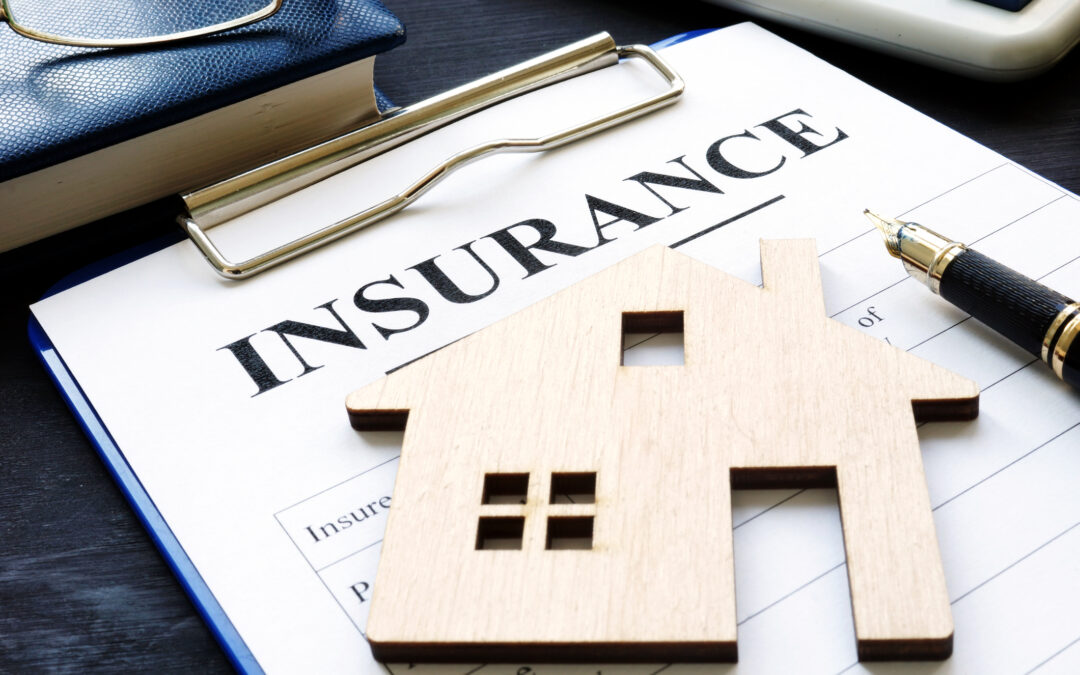Anyone who has ever sold a home can tell you that there are many details to keep track of and manage. You have to repair the house, clean it, and stage it. You have to find an agent, take pictures, and market the house too.
Have you given any thought to your insurance during this process? If not, there are a few things you should know.
How You’re Covered
Unless you’ve already moved all of your things out of your home in preparation for selling, you’ll likely be leaving some furniture and appliances in the home (at least while it’s being shown to prospective buyers). You don’t want to leave any of your belongings without protection, especially considering a bunch of strangers will presumably be walking through on a semi-regular basis.
The same goes for the house until it’s sold. There’s a good chance your policy covers things like damage to the house and its contents, as well as personal liability coverage. Check your policy to make sure you know what is and isn’t covered.
How Coverage Could Be Limited
What if you’re moving out before the home is sold? Leaving your home vacant could impact your coverage. Many homeowners insurance policies stop coverage after a home is left vacant for 30 or 60 days. If that’s the situation you find yourself in, consider carrying a vacant house policy.
These policies tend to be a little more expensive, but that’s because claims are more likely to be filed on vacant homes due to instances of vandalism, theft, fires, and arson.
When to Cancel Your Insurance
Did you know that your home insurance is tied to your home, not you as the policyholder? Because you can’t transfer your insurance to your new home, you’ll have to cancel your coverage when you sell your old home and get a new policy for your new home. Make sure you get the timing right. You should have coverage on any property you own until you don’t own it anymore.
Wait to cancel your old insurance until the buyer is the official new owner and get the policy set up for your new home before you close on it. That way you’re never lacking coverage.
Your homeowner’s insurance policy may seem like just one more thing to consider on a list of things that stretch a mile long.
Before you disregard it, however, make sure you have the protection you need from it when you need it. If you have any questions about your insurance coverage as it relates to selling your home, talk to an agent today. You’ll be glad you did.
Did you enjoy reading this article? Here’s more to read. What to Watch Out for When Buying Your Next Home


